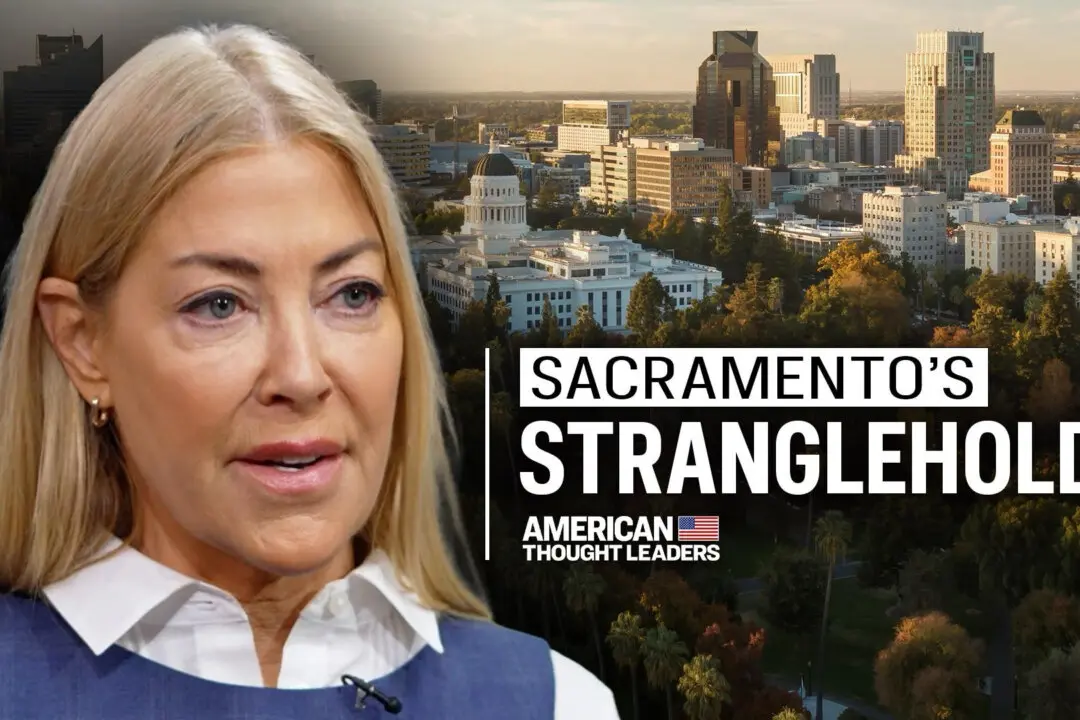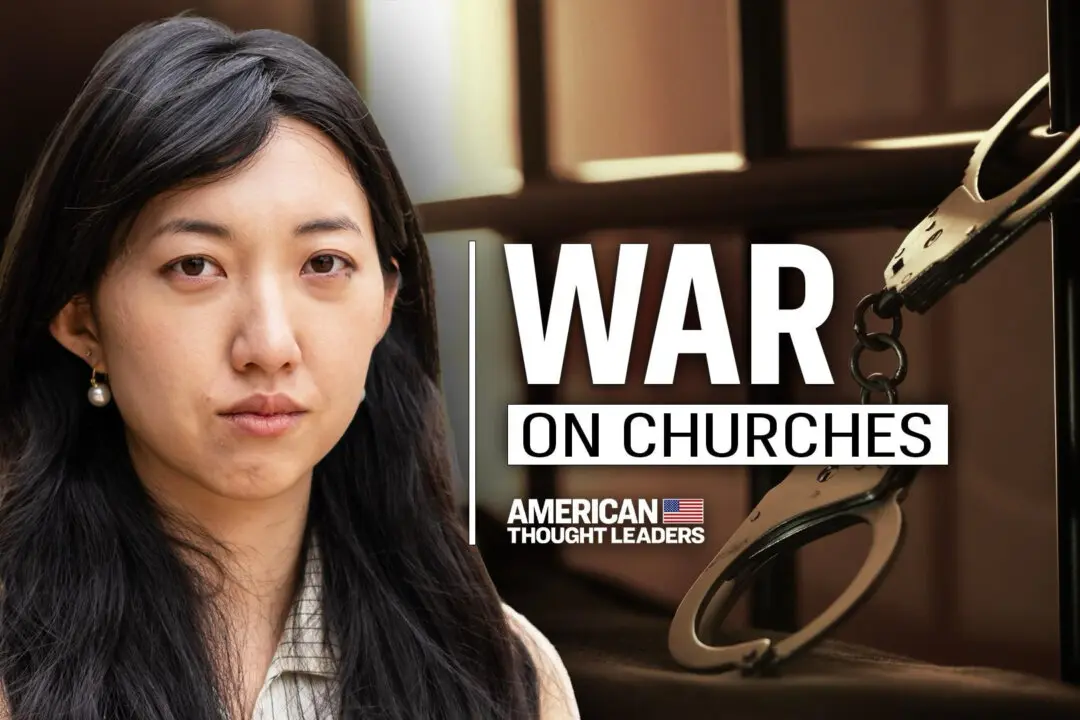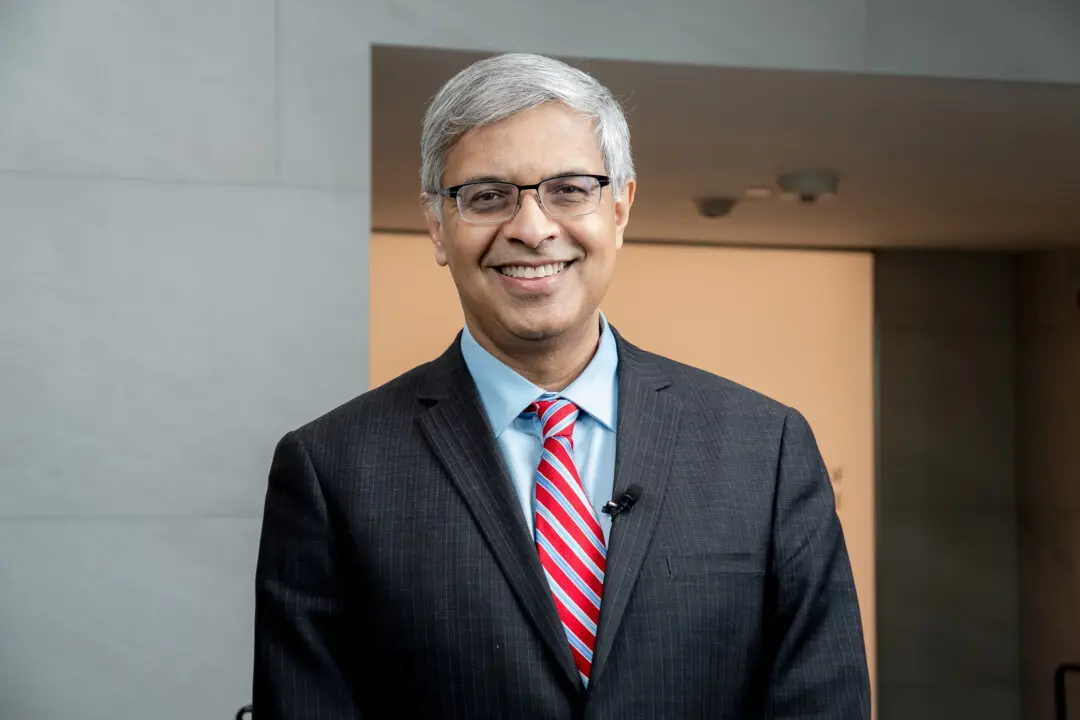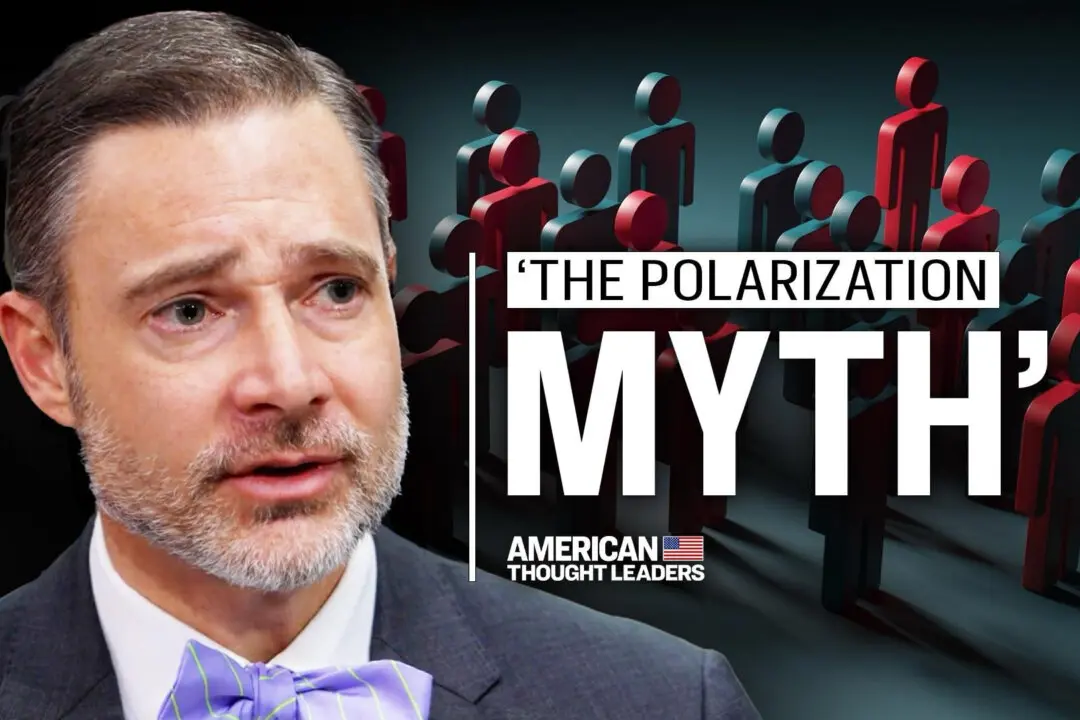“Why can’t we have a healthy discussion in the black community without dissenting views being denounced as coming from an Uncle Tom?”
This is the question posed by the new “Uncle Tom” documentary, said talk show host Larry Elder in an interview with The Epoch Times’ “American Thought Leaders” program.





